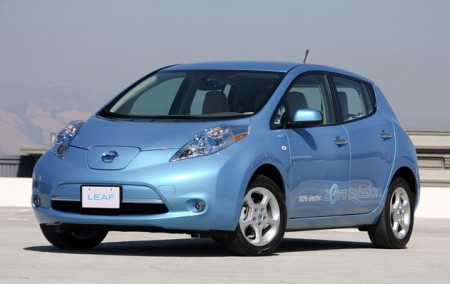If anywhere in the world seems custom-made for electric vehicles, that place would be Hawaii for the simple reason that it just isn’t that big. The Big Island is by far the largest of the Hawaiian chain and at its widest point, it’s only 93 miles across. On Oahu, the greatest distance across the island is just 44 miles and driving around the whole thing is about 112 miles. What this all means is that just about anywhere you’d like to go in Hawaii is within range of an electric car. Since the islands are so small, it also stands to reason that charging station coverage could be quite good.
Honolulu is also a very congested city, with the worst commuter time in the U.S., with the exception of Los Angeles. Drivers of electric cars get a bit of relief from that congestion because they get to enjoy commuter lanes no matter how many people are in the car. And, as an added bonus, Hawaiian Electric Company offers Electric Vehicle Pilot Rates for both residential and commercial customers and considering the gasoline prices in Hawaii, that’s a very good deal.

So could it get any better for EV drivers in Hawaii? Well, believe it or not, it just did. The state just extended its EV Ready Rebate Program, bolstering the program with an additional $150,000. They’ve also extended the deadline for rebates on new electric or plug-in hybrid electric vehicles to March 31.
That’s not much time, but it’s well worth it as Hawaii’s rebate program is quite generous. Hawaii’s residents can apply for state rebates of up to $4,500 on purchases of electric vehicles and up to $500 for electric vehicle chargers through the program. In addition to the state EV rebates, federal tax incentives of up to $7,500 are also available for highway-capable vehicles. This allows for the potential of up to $12,500 in rebates and tax credits for an individual.
Early evidence suggests the program may be working. Hawaii has the largest number of reservations per capita in the country for the Nissan Leaf.
Hawaii’s EV Ready Program is funded by federal stimulus funds. By April, approximately 210 charging stations, at roughly 140 sites across all of the state’s counties, will be installed as part of the program. Some chargers will have the capacity to charge more than one vehicle at a time.